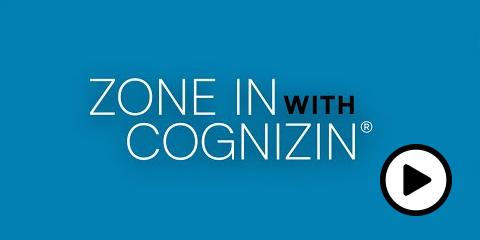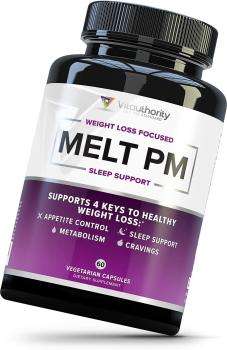Consumers often worry about feeling anxious and restless when they turn to applications like energy drinks and energy supplements. As such, products to support mental energy without the jitters or crash offer a compelling narrative to consumers. Specially formulated energy applications offer help when tasks require focus, attention, and memory. However, many, if not most energy-focused formulations rely on stimulants like caffeine and ginseng that may also come with restlessness, headaches, and trouble sleeping.
Citicoline supplementation has been shown in clinical research to offer neuroprotective effects and cognitive support without these side effects. When used as an ingredient in food, beverage, or supplement applications, citicoline can offer long-term benefits that consumers may currently seek in the short term via energy drinks and supplements.
Citicoline (cytidine 5'-diphosphocholine, or CDPcholine) is a naturally occurring nucleotide that can be found in every cell of humans and animals. As an intermediate precursor in the intracellular synthesis of phosphatidylcholine, an important phospholipid, citicoline is a critical part of maintaining the structure and function of cell membranes. Scientific studies associate citicoline supplementation with cognitive health benefits, such as support for an individual’s capacity for attention, focus, and memory recall.
The neuroprotective characteristics of citicoline are well-documented in the clinical literature. Male teens who received citicoline supplementation in one study demonstrated improved motor speed. Another study showed increased brain activity after six weeks in middle-aged adults who supplemented with citicoline. And in multiple studies, citicoline was associated with improved memory performance in elderly individuals.
Other studies have shown the potential for citicoline to aid in attention capacity. A doubleblind, randomized, placebo-controlled study showed improved attentional performance in middle-aged women who supplemented with citicoline for 28 days. Citicoline supplementation has also been shown to increase the levels of bioenergetics like ATP in brain cells.
Citicoline can protect neural tissues via several mechanisms, many of which are the subjects of continuing clinical research. As a precursor to phosphatidylcholine, citicoline plays an important role in the synthesis of the building blocks of cell membranes. Proper function of cell membranes is necessary for brain cells to optimally receive nutrition for energy.
Neurotransmitters are another mechanism by which citicoline can offer cognitive benefits. These are the chemicals needed by the nervous system to allow communication between tissues, organs, and systems. They are among other things responsible for feelings of wakefulness and mental energy.
Supplementation with citicoline has been shown to increase the availability of certain neurotransmitters to brain cells, thus contributing to optimal function of the central nervous system. Pre-clinical data indicates citicoline may raise the levels of dopamine and norepinephrine in the CNS; both have neuroprotective effects.
Citicoline supports cognitive benefits through other mechanisms of action. For example, citicoline has been studied to explore the potential to support mental health. Future research looks promising as researchers continue to refine their understanding of how citicoline supports brain health.





